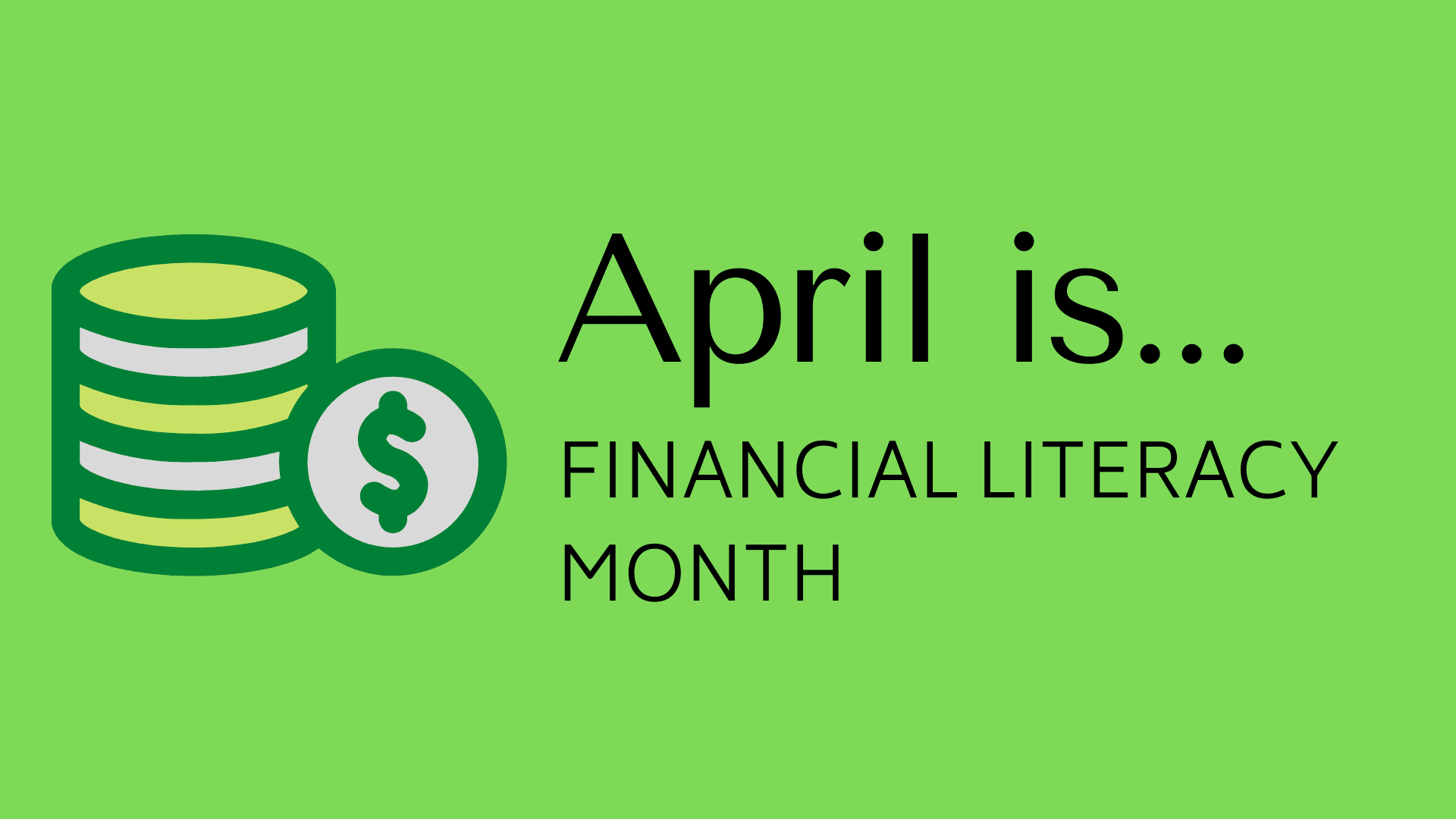
April is Financial Literacy Month
This April, NYSCADV recognizes Financial Literacy Month and the role that finances often play in domestic violence. Nearly all cases of domestic violence involve financial abuse. Abusers prevent access to money or other financial resources to maintain power and control over victims, often making it more difficult for a victim to leave an abusive relationship.
Financial literacy is key to supporting domestic violence survivors' empowerment. Abusers may prevent access to money or other financial resources as a tactic to maintain power and control over their victims. This is an all too common tactic, making it difficult for a victim to leave their abusive relationship. NYSCADV Economic Empowerment Project funded by Allstate Foundation grant provides training and technical assistance to advocates on financial abuse and empowerment of survivors.
NYSCADV’s Economic Empowerment Project, funded by a grant from the Allstate Foundation, provides training and technical assistance to advocates on financial abuse and the economic empowerment of survivors. NYSCADV also provides sub-grants to three domestic violence organizations to support survivors of financial abuse through programming focused on financial literacy education, credit building, savings, budgeting, debt reduction and job readiness activities. Click here to learn more about NYSCADV’s Economic Empowerment work.
The National Network to End Domestic Violence (NNEDV), in partnership with the Allstate Foundation, developed the Moving Ahead Curriculum, a resource to equip survivors of domestic violence with tools to make financial decisions and work toward achieving long-term financial security.
Tuesday, April 18 is also Tax Day, the deadline for filing Federal Tax returns. Therefore, we encourage advocates to support survivors for filing for taxes. Earned Income Tax Credit (EITC) can improve the quality of life for low or moderate-income households. CDC evidence-based research shows families that receive tax refunds have better emotional and financial health and less stress [2]. These sources of cash assistance can support survivors’ financial health and their families.
Here are resources for filing tax returns:
- What is Earned Income Tax Credit?
- How to Get Free Legal Tax Help (Low Income Taxpayer Clinics)
- Tax Tips for Survivors of Domestic Violence
- IRS Website: Free Tax Return Preparation for Qualifying Taxpayers
- IRS Search Engine: Find a Free Tax Preparation Clinic Near You
- Eligibility for EITC (Earned Income Tax Credit) in NYS
Resources for survivors and advocates on Financial Literacy and Housing:
- Foundations of Survivor Centered Economic Advocacy
- Access to Economic Justice eCourse (for advocates but may also be useful for survivors in self-advocacy)
- Compendium on Coerced Debt (to address credit barriers to housing)
- Mapping Equity in Domestic Violence Advocacy at the State-Level (for Statewide Coalitions)
References
[1] CDC Foundation. 2020. Public Health Action Guide: EITC. Available: https://www.cdcfoundation.org/sites/default/files/files/EITC_PublicHealthActionGuide.pdf


